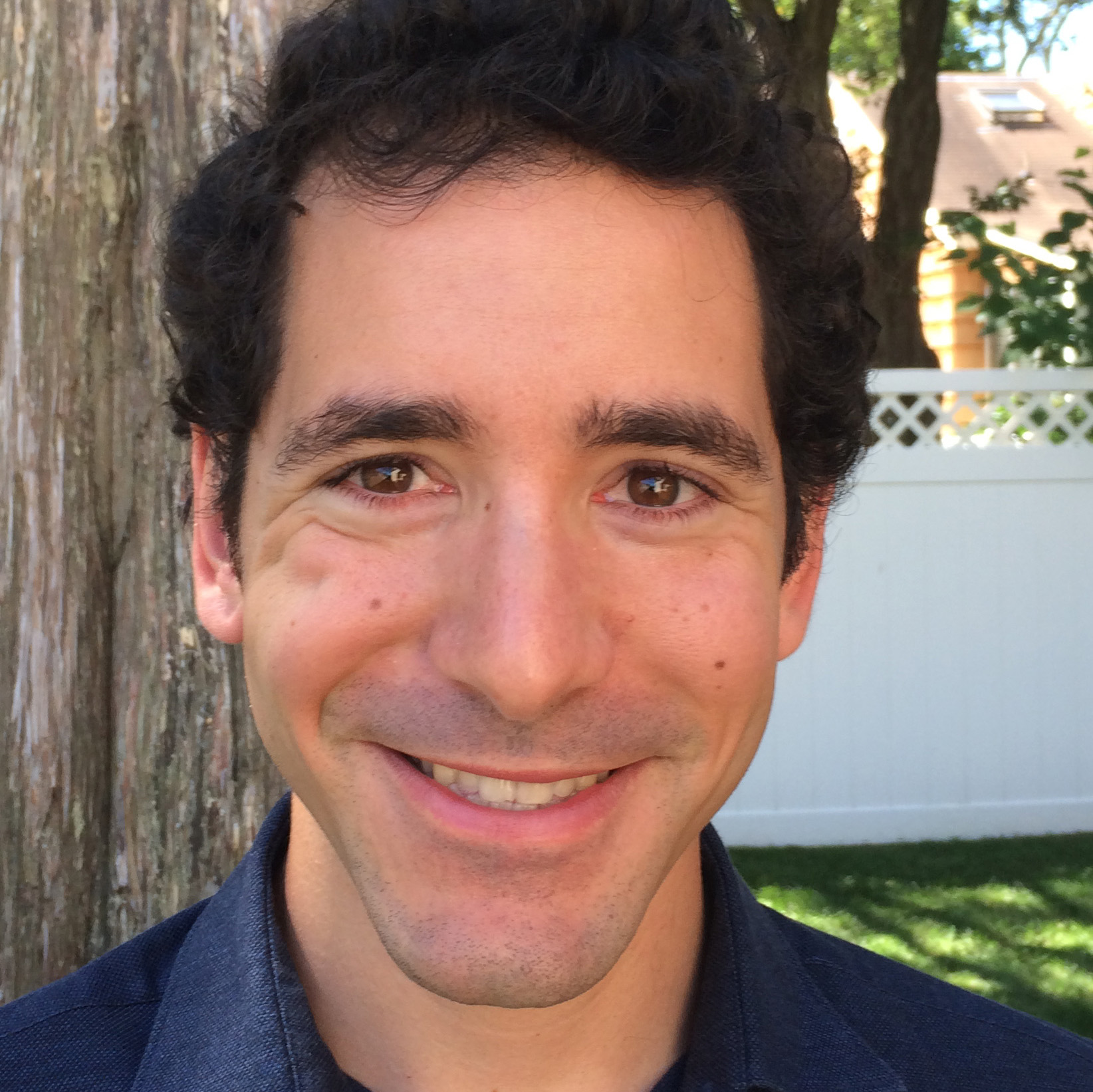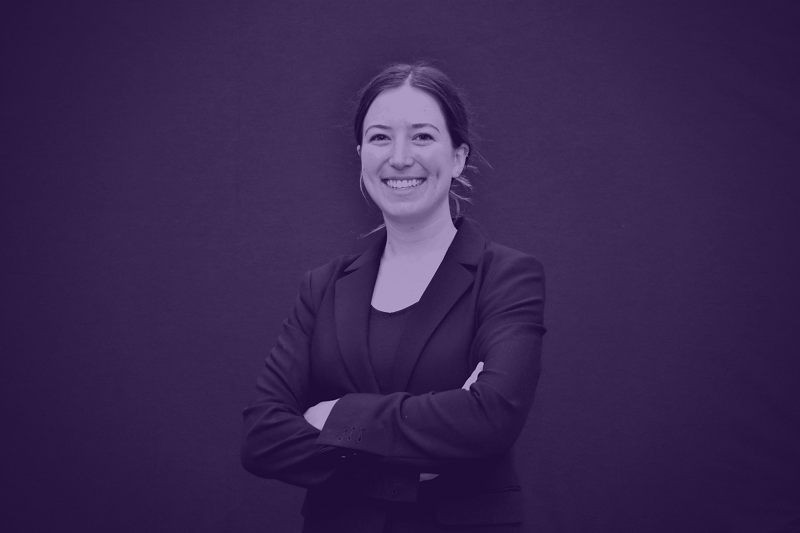Internships & Jobs
Internships

Internships Coordinator
Giulio Mariotti
gmariotti@lsu.edu
225-578-8046
2209 Energy, Coast & Environment Building
Apply for Internships
Handshake, LSU Olinde Career Center's modern, online career platform, connects students and alumni to employers, job opportunities, career events, and career resources.
Through an internship, you can gain knowledge, confidence, and practical experience while making connections in your field. Internships also allow you to try out different industries and employers.
Five W’s of Internships
- Sibel Bargu Ates, Interim Internships Coordinator, sbargu@lsu.edu
- Department specific advisors
These resources are there to help. Ultimately, you are responsible for finding your own internship.
- You can take a paid or unpaid internship. Not all companies are able to pay an intern, so if you do find one that is unpaid, use your discretion in evaluating its merit. Understand what the company or organization has to do in order to for that experience to be considered a legitimate unpaid internship. Please review the U.S. Department of Labor guidelines on unpaid internships and make sure that the internship you are considering falls within these parameters, if unpaid.
- There is also a difference between academic and non-academic credit internships. Learn more by reviewing the Olinde Career Center's internship information. If you would like academic credit, please talk with your departmental advisor.
The best time is summer after sophomore or junior year. You should have taken some major specific classes and understand the basic subject matter of your major before moving into the field for your internship.
- Internships allow students to try out a prospective employer and career path.
- Internships offer hands-on experience in your chosen field.
- Internships boost your confidence and your knowledge.
- Internships mirror the expectations you will encounter in the workforce.
- Within an internship, you have the opportunity to network for future employment, create relationships with other interns and young professionals, and establish rapport with other employers within that company. This can be invaluable when searching for full-time employment upon graduation.
- Get an internship through the ways outlined above and with resources (résumé building, interviewing, etc.) from our office and the Olinde Career Center.
- Decide if you want academic credit
- If you do not, go intern! At the end of your internship, fill out our internship survey.
- If you do, contact your specific department for next steps to gain that academic credit. Fill out the forms provided by your department and follow those specific instructions.
International Students
International students should be aware of employment guidelines related to their visa status. Information on employment for international students can be found at the International Programs Student Employment site. Students should check the deadlines to file paperwork for Curricular Training Program (CPT) employment and Optional Training Program (OPT) employment depending upon the nature of the position. The International Studies Employment Coordinator can answer questions related to international student employment.
Jobs
LSU offers many excellent resources for students and alumni to access during their job search, including the LSU Olinde Career Center, the LSU Alumni Association, and LSU Human Resource Management. In addition to these excellent resources, the College of the Coast & Environment has provided some tips for job hunters in the fields of coastal sciences, environmental sciences, and oceanography below.

For your convenience, here are some additional resources and job boards related to
coastal sciences, environmental sciences, or oceanography.
Job Search Tips
Our flexible degrees apply to a wide range of career opportunities.
Our alumni work as:
- Analytical Lab Techs
- Coastal Ecologists
- Coastal Lands Program Specialists
- Naval and Coast Guard Officers
- Conservation Specialists
- Cyber Security Consultants
- Environmental Analysts & Investigators
- Environmental Educators & Scientists
- Environmental Health & Safety Managers
- Hydrologists
- Laboratory Managers & Technicians
- Photographers
- Quality Control Chemists
- Waste Stream Coordinators
- Web Designers
and more!